For Yola, The Guitar is Her Freedom
When British singer-songwriter Yolanda Quartey aka, Yola, is asked when she first became interested in music, she laughs warmly and says that music has always been an essential part of her life: “It’s like asking me, when did you get interested in breathing?”
A career as a singer and songwriter has been Yola’s goal since she was four years old. Despite facing numerous obstacles – Yola was banned from making music as a child, she’s experienced homelessness, had stress induced voice loss, and survived a house fire – she has persevered. “I didn’t have any choice. This was a thing that happened, that my body did, and I had to follow that to its logical conclusion,” she says of her powerful singing voice and her natural inclination for music.
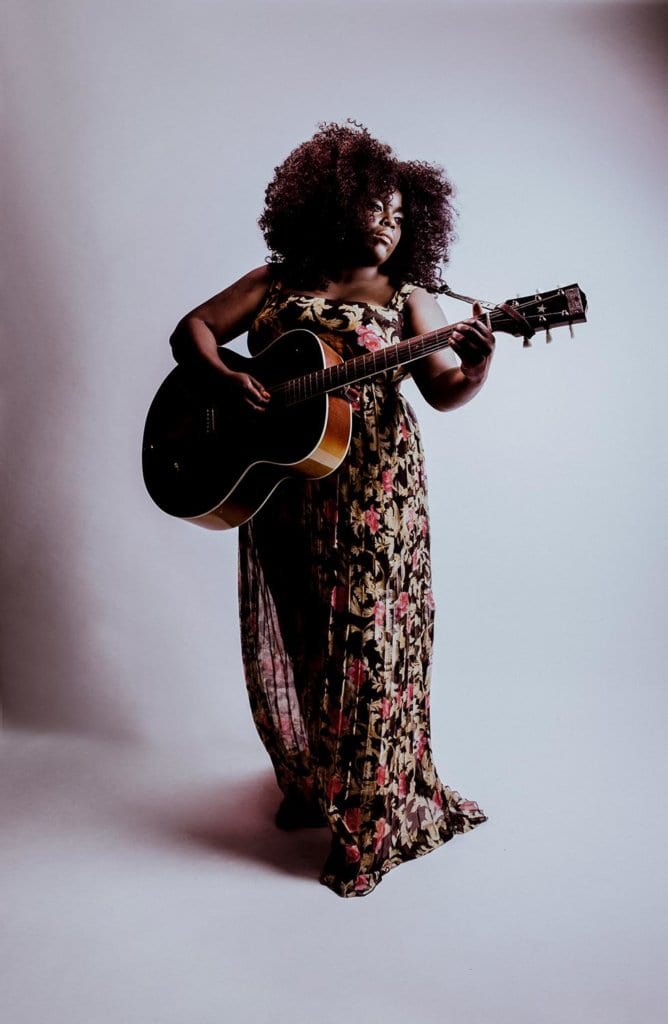
Previously Yola was the lead singer of the country-soul band Phantom Limb, she briefly joined Massive Attack, and she has paid her dues writing songs for others. Yola’s debut solo LP Walk Through Fire is a confident declaration of her deft talents.
Walk Through Fire is produced by The Black Keys’ Dan Auerbach, was released on Auerbach’s label Easy Eye Sound, and includes songs Yola co-wrote with Auerbach, Bobby Wood, Pat McLaughlin and Dan Penn. The record is a blend of country, folk, soft-rock, and pop sounds all with Yola’s knock-out soulful vocals at the centre. Although the songs speak of strife and heartbreak, Yola sounds euphoric.
She Shreds spoke with Yola about her development as a songwriter, her evolving relationship with the guitar, and the importance of surrounding yourself with good people.
I heard that you worked with a co-writer who discouraged you from picking up the guitar.
It didn’t make sense to my co-writer for me to be autonomous because my skills were useful. You have a think and see if you can think of anybody who is on the front line, just think of the proportion of people, let’s say Kelly Rowland and darker. I can think of maybe SZA and maybe Janelle Monáe but there’s not really a great proliferation of women my color who are succeeding on the front level to the volume of the women of my color and darker who sing. It’s kind of like that twenty feet from stardom story of being kept in these roles of service.
This is something that happens to a lot of my friends, co-dark skin women of color, it’s a common trait. And sometimes you even get told that you should pursue backing singing above being the artist. So when somebody says, “Hey, you don’t really have the inclination to pick up a guitar, you probably shouldn’t bother,” and you never have, that’s in line with all the other stuff that you’ve been hearing about – “step back, this isn’t about you.”
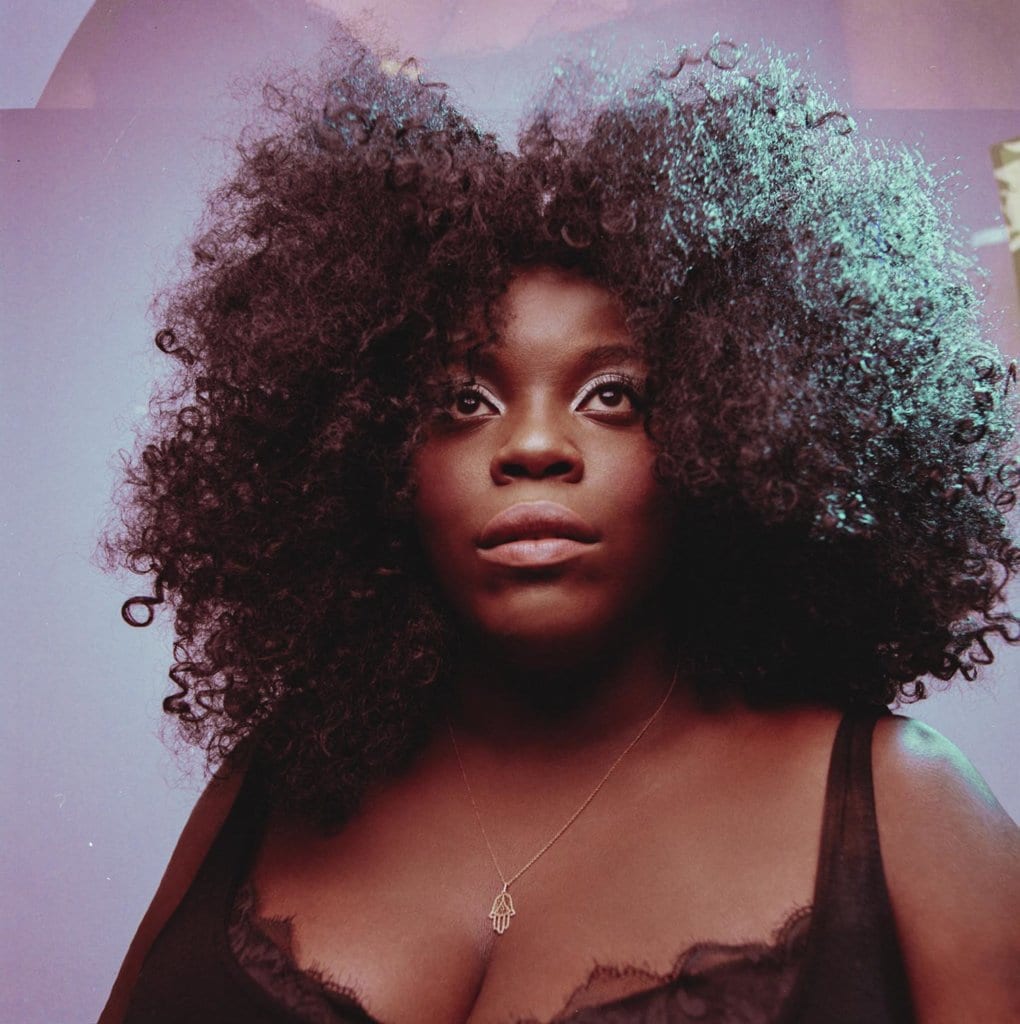
That stage of my life, I suppose right up until probably about 2013/2014, I was terrified to lead anyway. I was absolutely terrified but I put up a strong front because I was being defensive or I was trying to look like I could handle the stuff. It’s easy to live in that environment of fear. It’s only when you decide to try and get some songs out of your head and it dawns on you that C, D, and G aren’t really that challenging of chords and that actually the majority of the songs that you love, you can play and it’s totally fun.
Is the guitar now a go-to tool for you when songwriting?
100%, yes. I used to be a top-line writer, a lyrics and melody writer, leaning on somebody else to play the chords. I can do that now but I can also pick up the guitar and have that be a way of getting the creative juices flowing. That is a complete 180 in my writing since 2015. I didn’t have that as an option and now I do and the great thing is that I can come to a situation like working with Dan Auerbach, with a song and say, “hey, how’s this?”
[For Walk Through Fire] we probably wrote about thirty [songs], tracked eighteen, and we chose twelve. If I didn’t have that ability to come with a song that [the co-writers] were like “that’s high quality” and had done enough writing to get myself up to that point where I can produce that, then we’d be in a very different situation. I’d still be top-lining but I just wouldn’t have that sense of confidence and a sense of being able to work in any environment. I’d feel far more dependent. That’s an important thing. I think that’s what the guitar means to me: it’s self-assuredness.
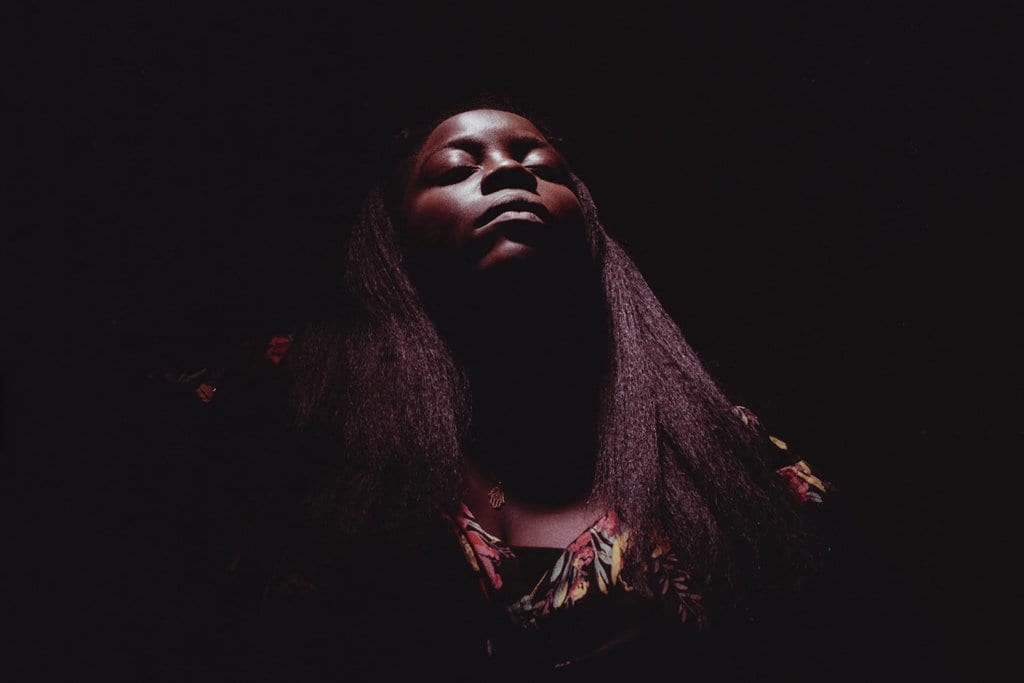
Hearing you say this, on your album cover you’re playing the guitar – this seems very much a statement of how confident you are.
That’s it! That’s my freedom. The big sea change in my life was when I was able to [play guitar]. I’ve had conversations about this before when people go “is it bad to collaborate?” and I’m like “no!” It’s actually easier to collaborate because one, you can bring more to the table and two, you don’t feel as though you can’t do any other kind of writing. The ability to be free gives you more ability to write in a number of environments with a greater sense of joy.
[The guitar] is central to my life now and I’m very lucky to be endorsed by Fender because they were like, “this is part of your life now, you need a tool that you can rely on.” I was very fortunate for them to give me a Fender Paramount and I live by this thing.
If you could say one thing to somebody reading this who wants to play guitar but is too scared or is being discouraged from playing, what would it be?
I’d say the scariest thing can often be that sense of acceptance and if you’re being talked off doing something it’s often because these voices mean more to you than your own. So it’s a self-esteem situation or your environment is one that is pretending to be one of friends but it really is a foes and me situation. In any of these situations, you’re going to need to redefine your boundaries and who your inner circle is. There’s no way on God’s green pleasant Earth that I could have done this in my old social environment. You need to redefine what you conceive as friendship because you’re supported by your support system. It’s the thing that gets you ahead.
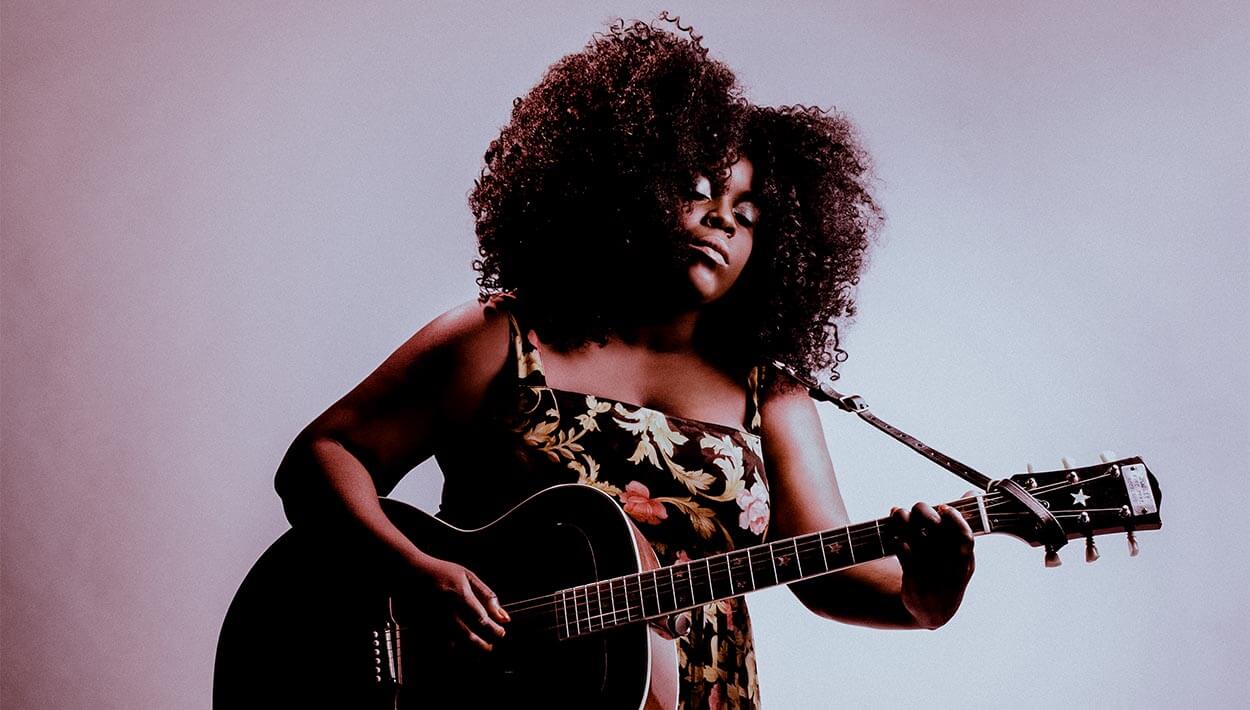

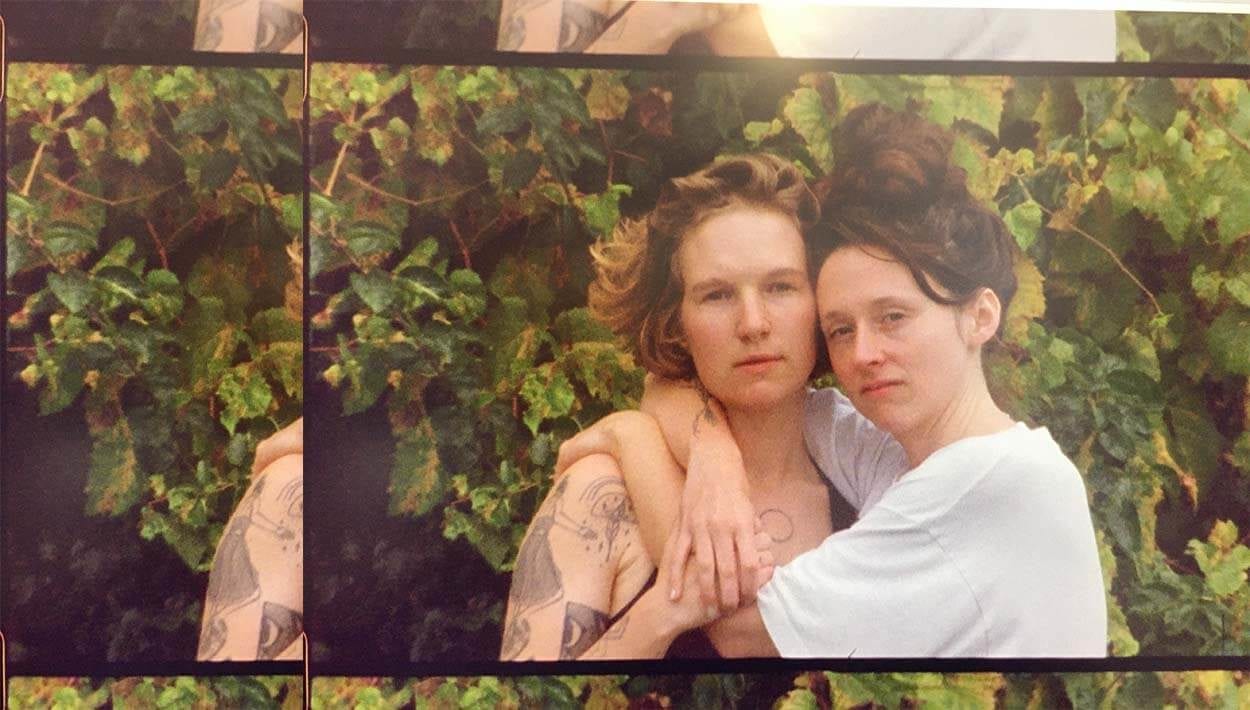
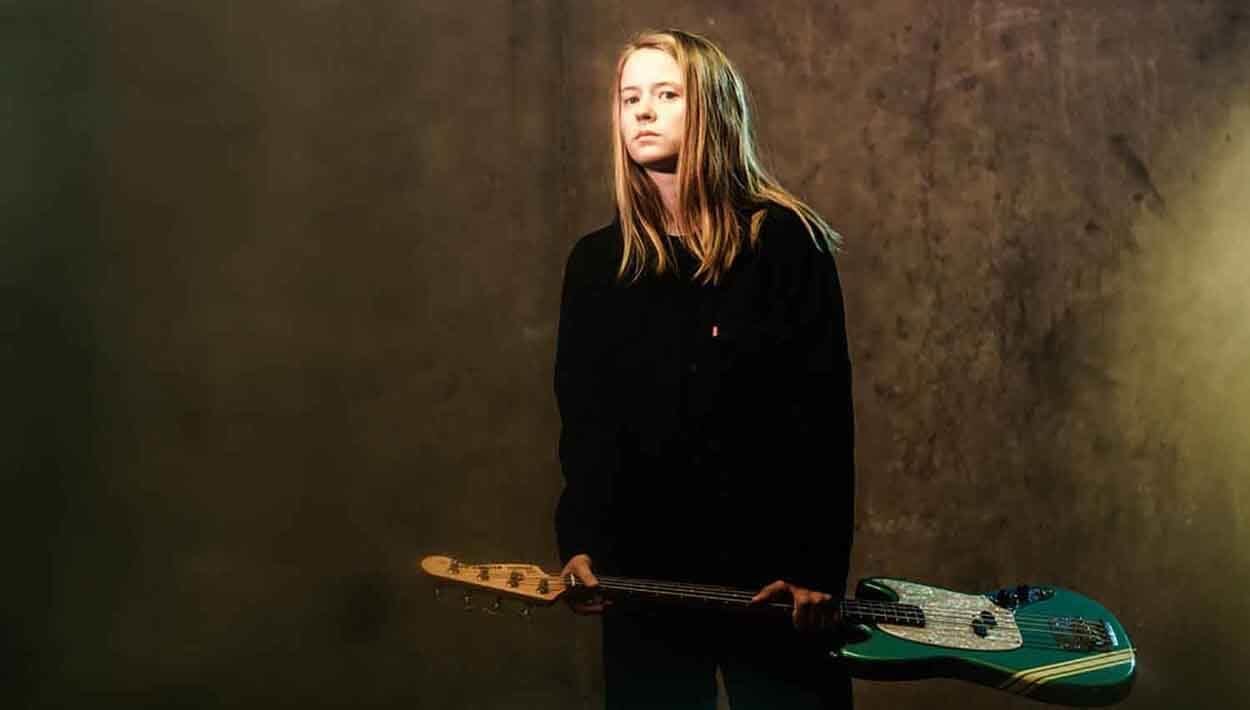
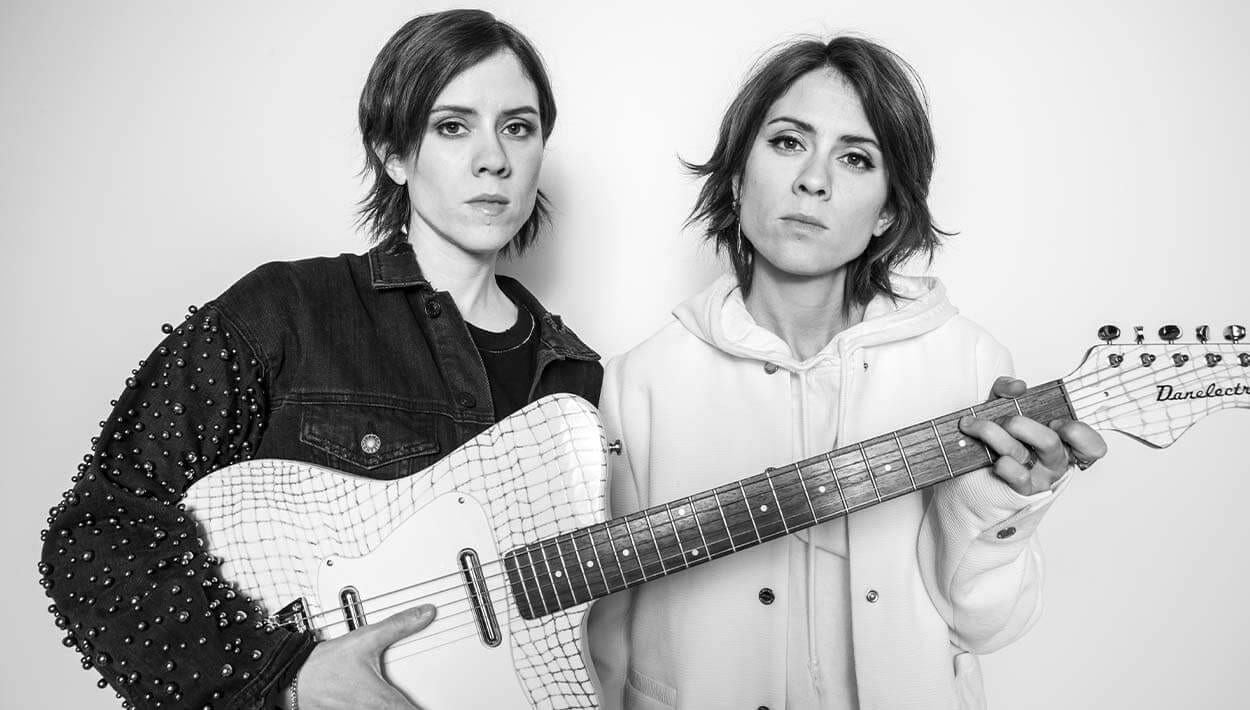
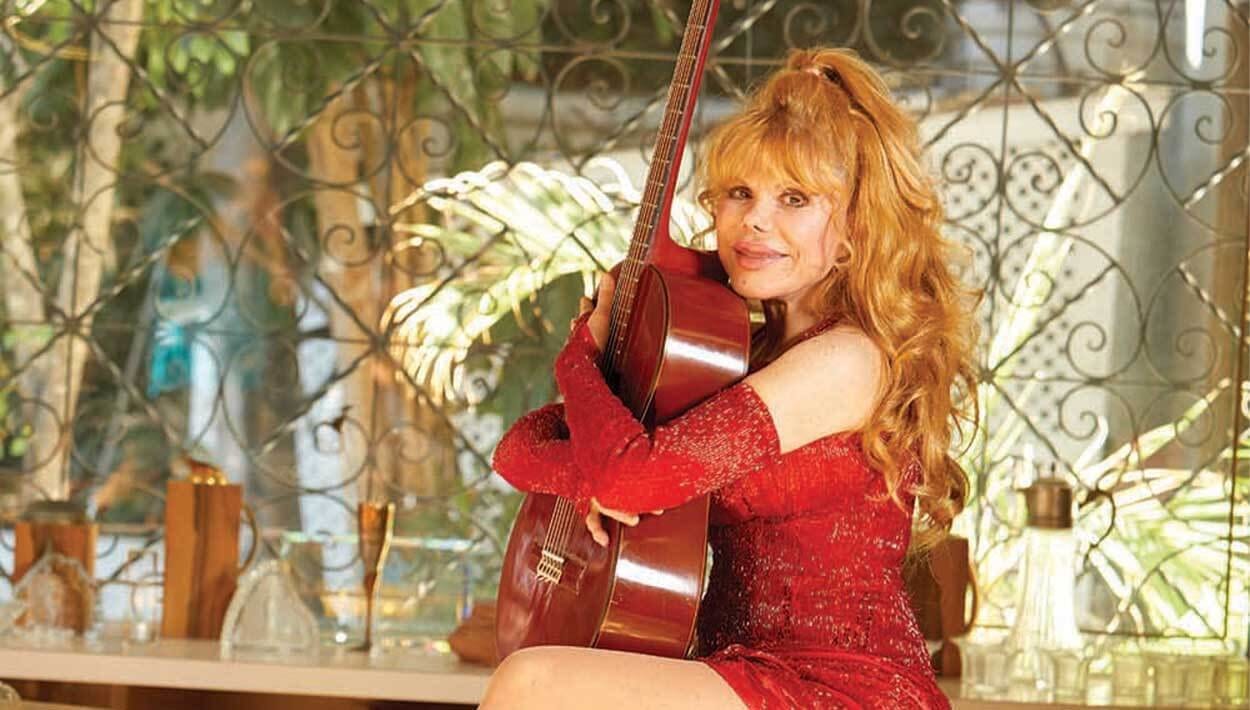
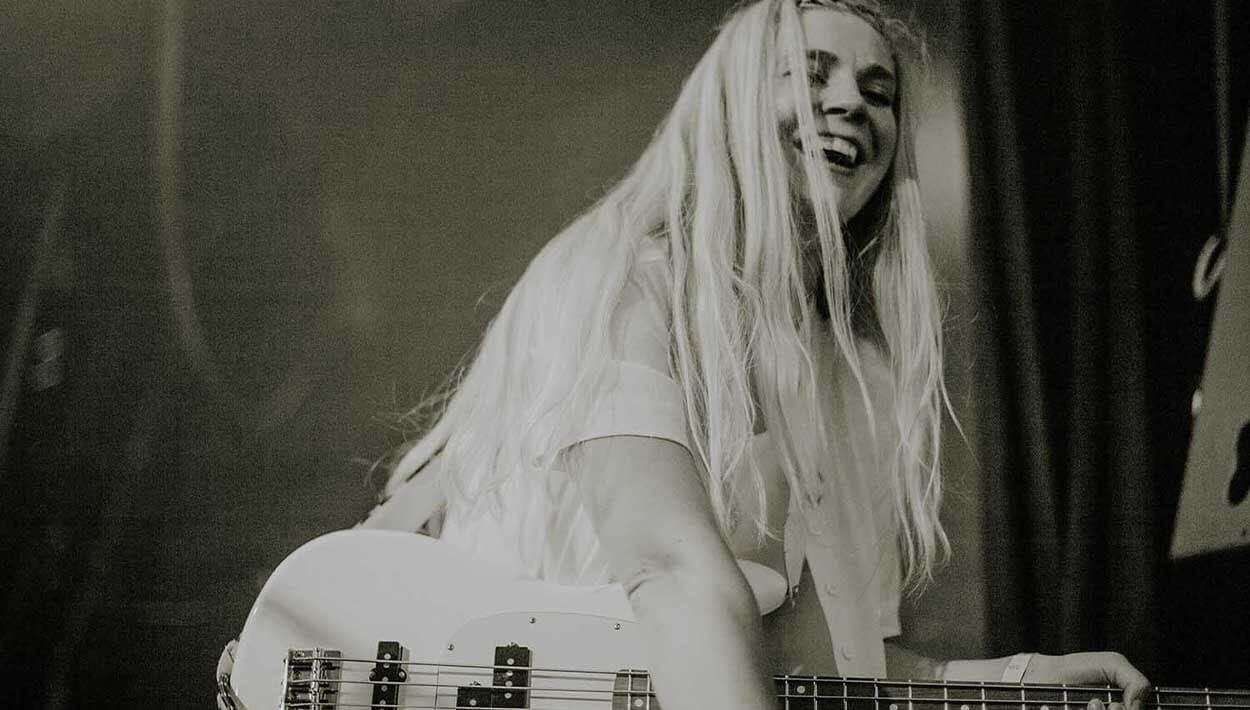
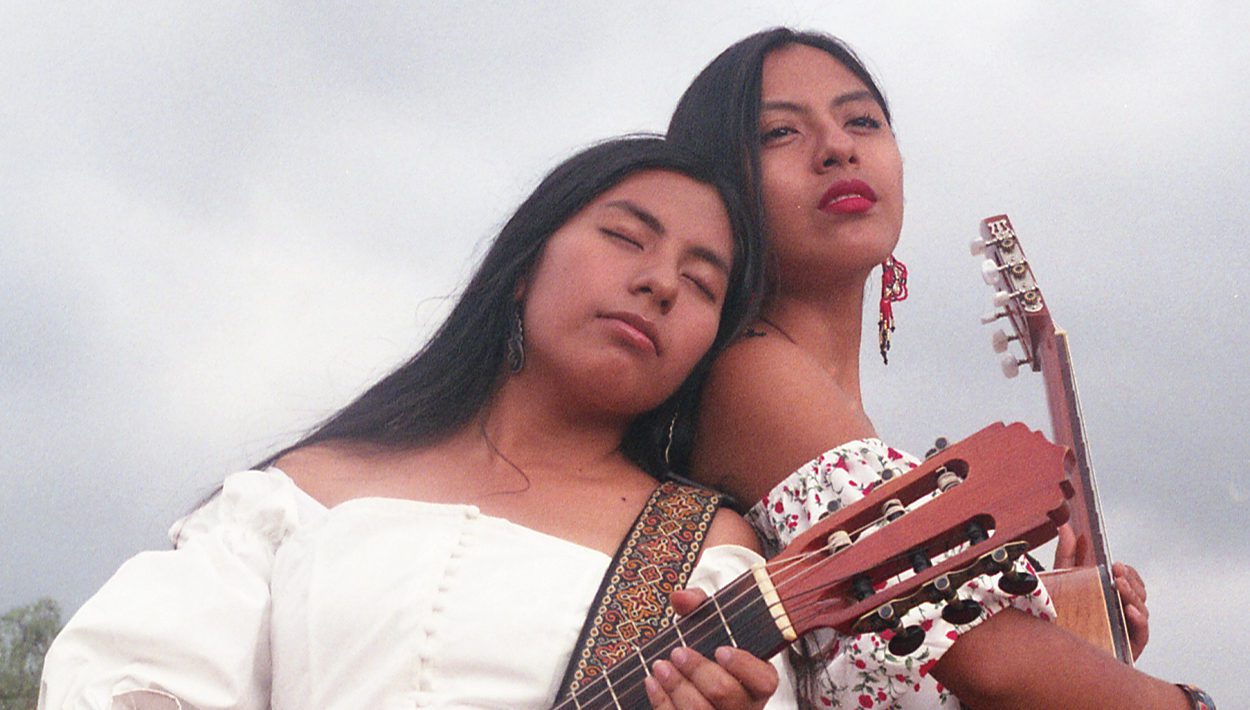
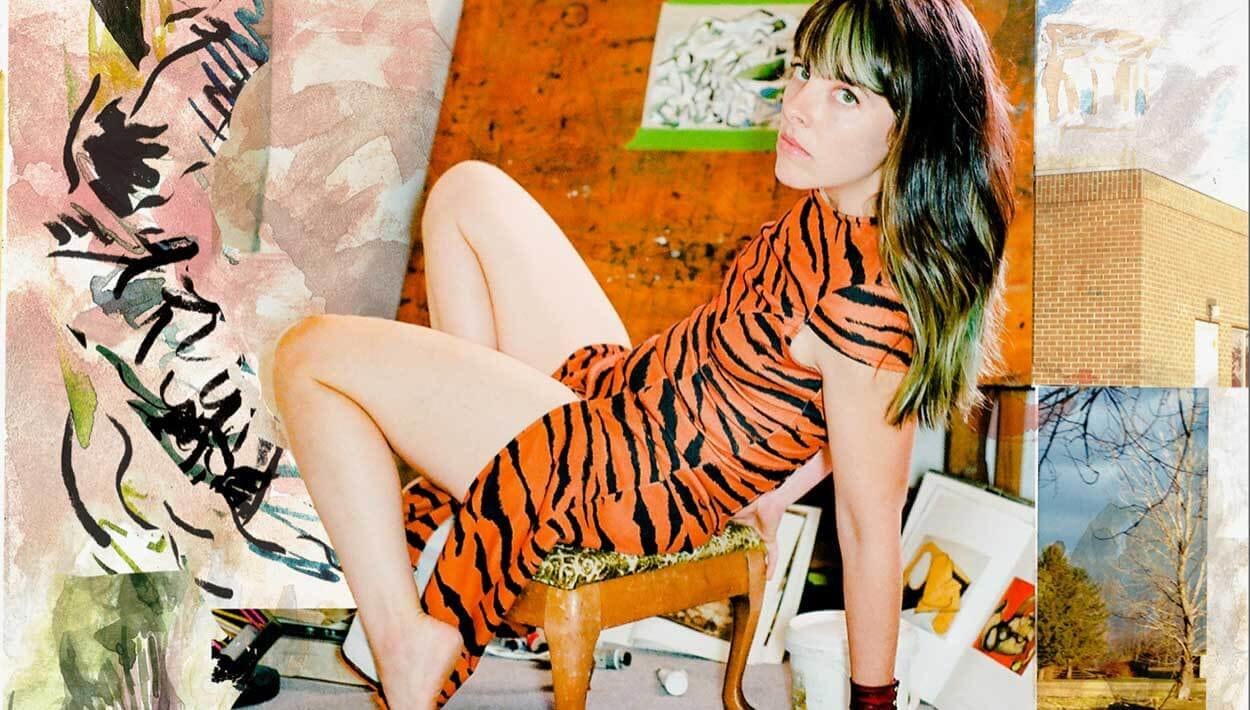
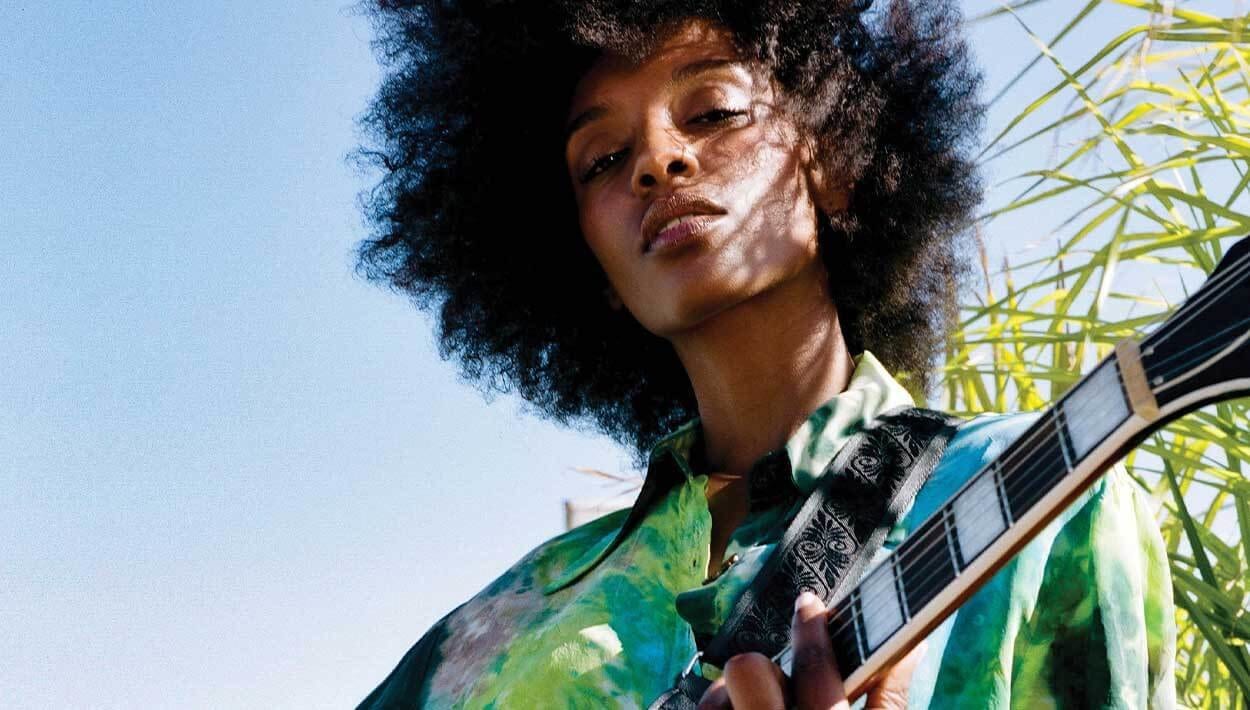
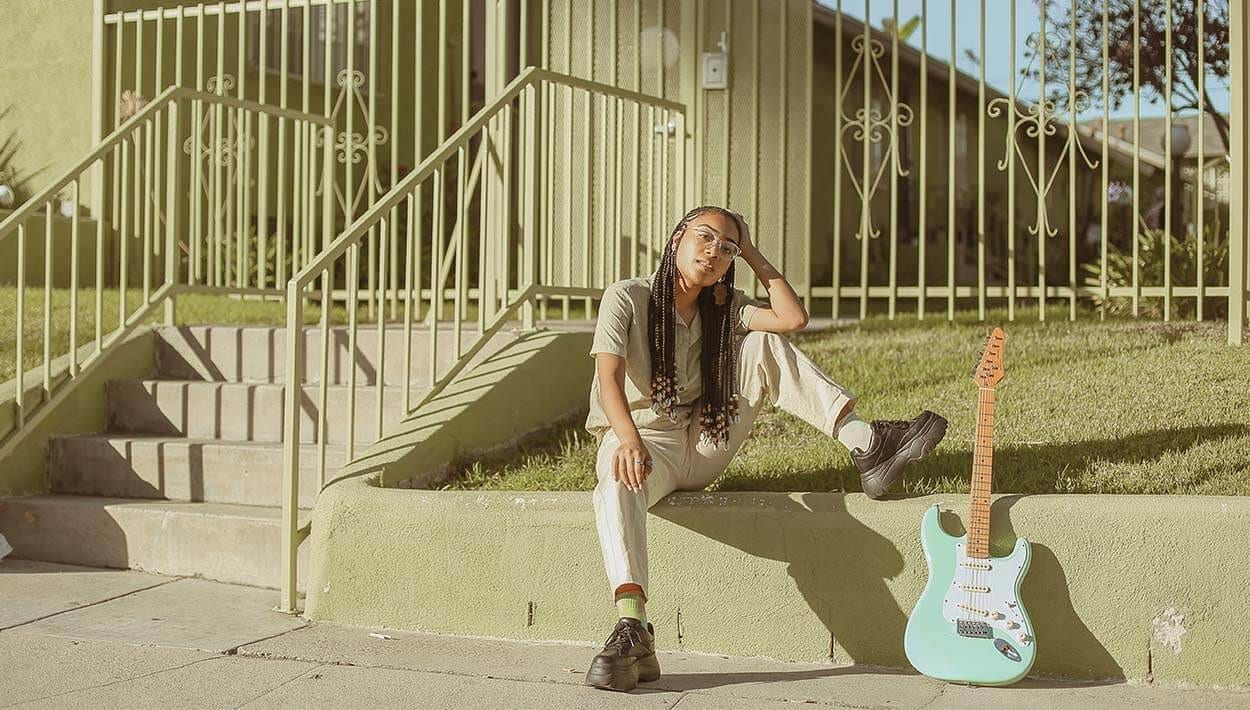
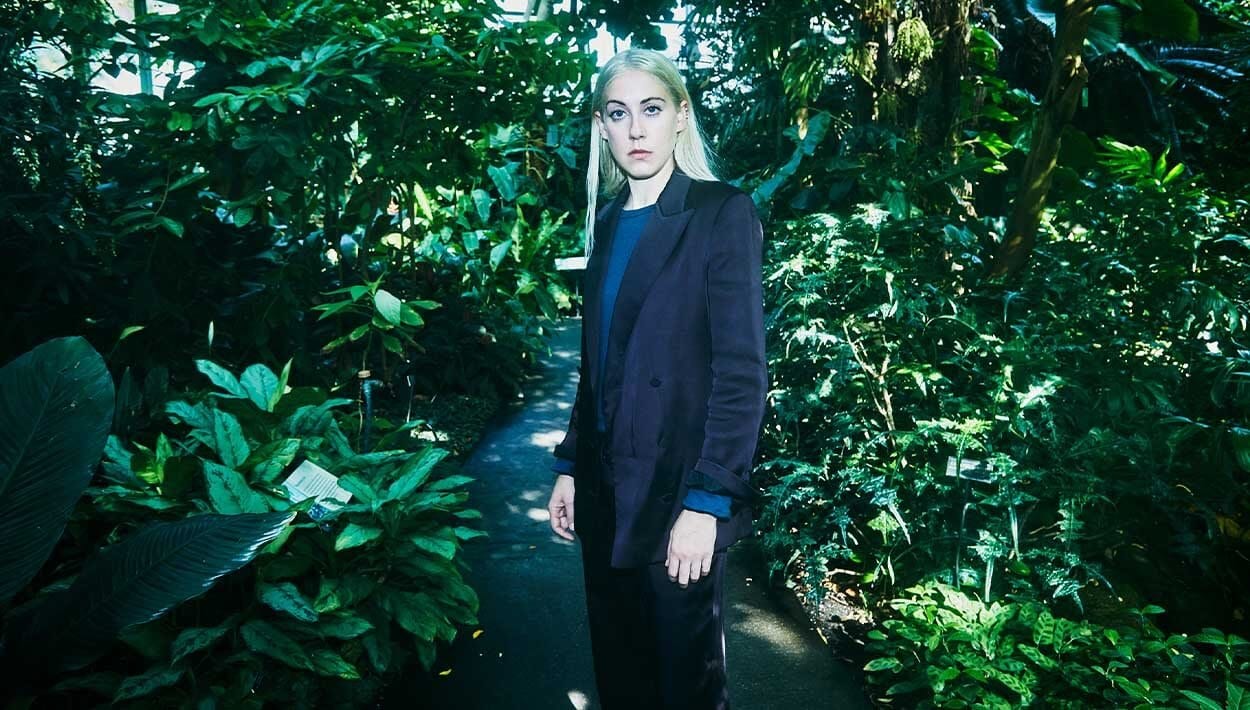


Comments
[…] it’s truly a treat that, as Yola told She Shreds magazine, she figured she could learn the C, D and G chords for her own songwriting. As the old […]
Pingback by Pop music review: At the 9:30 Club, singer Yola delivers a soul-searing performance | ZUKUS THE VIRAL COMMUNITY on January 11, 2020 at 2:10 pm[…] women and women of color guitarists right now (H.E.R., St. Vincent, Willow Smith, Brittany Howard, Yola, and the increased popularity of pop stars and their all-women bands, like Beyonce and Lizzo) but […]
Pingback by She Shreds Media on September 29, 2020 at 2:12 pmPlaying guitar with freedom is so good for person who loves solitude. It provides him a fun inside the room when no other person is present in his/her room. I am also thinking to play guitar now after watching this lady doing so. But first I have to visit https://smiletutor.sg/6-questions-answered-about-why-singapore-could-be-your-go-study-abroad-destination-in-2021/ website to read article about how I could go to Singapore to continue my further study there.
Comment by Corbin Dietrich on April 13, 2021 at 10:41 pmThe guitar is a symbol of freedom for Yola. For me, a symbol of freedom is my laptop, with which I write papers https://youressayhelper.com/fast-essay.html which is how I earn my living.
Comment by Aimi on July 6, 2022 at 7:06 am